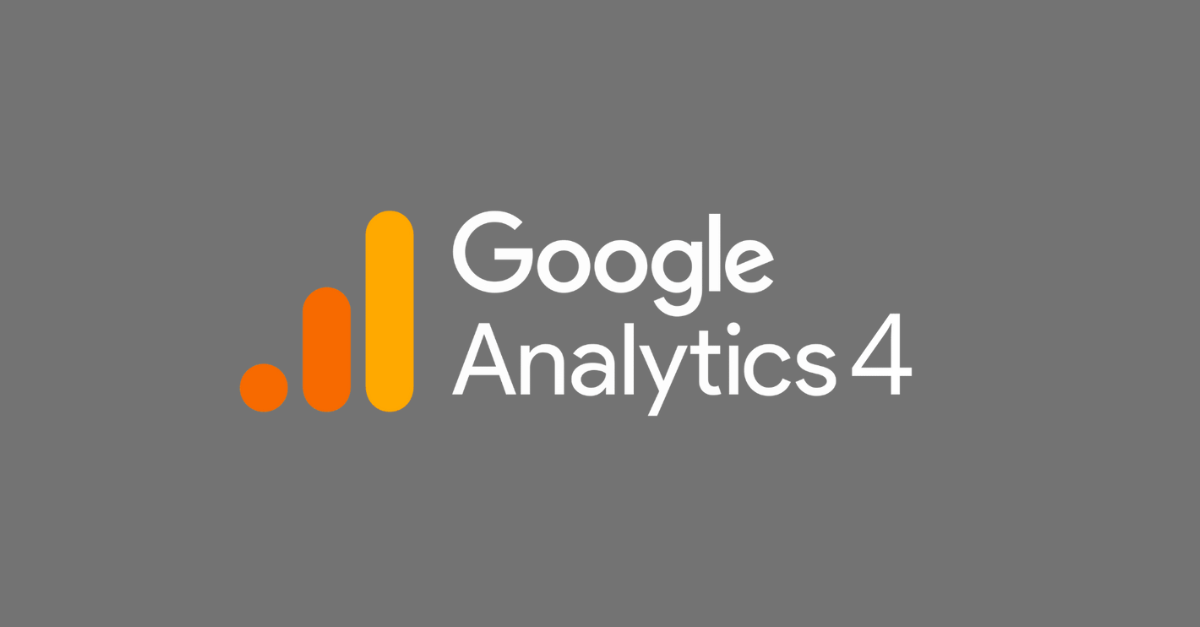A small change is happening at Google that could have huge implications for businesses’ data tracking. If you haven’t done so already, it’s time to start creating new Google Analytics 4 (GA4) properties before they are automatically configured for you. There are benefits to handling the conversion yourself, provided you plan to remain on Google Analytics. The information below will explain:
- What’s happening with GA4
- Why marketers and advertisers need to know about it
- And what steps need to be taken promptly
Making the change isn’t rocket science, but failing to prepare could cause organizations to begin losing critical data in the coming months.
What is GA4 and How Does It Benefit Companies and Organizations?
Google Analytics 4 – a.k.a. GA4 – is an analytics service that was first introduced in 2020. And if you’re someone who uses Google analytics to measure web traffic of any kind, this change is important to know about because it allows users to measure traffic and engagement across their websites and apps, enabling them to create informed assessments of their operations.
The conversion began in March, and preparing for it allows you to take full advantage of the latest analytics capabilities. If users haven’t set up a GA4 property with basic settings, Google will essentially configure one for them with basic settings that may not meet their specific needs.
Wait, Isn’t That the Same as Google Analytics?
The whole concept of analytics can be confusing, especially if you wear many hats and digital marketer isn’t one of them. But chances are you’ve heard of Google Analytics, which has been around for some time. This web analytics tool is widely used by businesses to track and report website traffic, usually for free. There is also a paid version that provides more advanced results.
Say you have already been using metrics that measure screen views in separate mobile-specific properties – by which we mean websites, mobile apps, blogs and anything else associated with a unique tracking ID. The new service, GA4, combines web and app data in the same property. Ideally, this step will make analytics more useful, as it folds data on additional app traffic into your results so you can compare pageview metrics from a broader range of sources.
So, What Happens to Universal Analytics in July?
Starting on July 1, standard Universal Analytics properties will no longer be processing data. 360 Universal Analytics properties will eventually stop processing data, as well. This is a big deal for entities that have been relying on this service to measure the effectiveness of their website as part of their marketing and advertising campaigns.
To complete your GA4 migration, Google provides some helpful videos that can walk you through the main steps:
- Create a GA4 property based on your Universal Analytics
- Recreate an audience and a conversion
- Set up ecommerce in GA4
- Import your conversions to Google Ads
Who Else Should You Prepare for the Transition – and How?
If you’re the resident data guru at work then all this conversion business should be second nature. Still, there’s another potential step you may have overlooked, and that is communicating to other key players what they need to know about it.
Be sure you’re considering who else in your organization could benefit from this knowledge, from your CEO down to your intern. Anyone who contributes to reports on how your websites (or apps) are doing using analytics data should be in the loop. Clients and external consumers of analytics data who are less familiar with how analytics data is collected may also need to be alerted to preserve the integrity of services you have provided to them.
A Digital Marketing Partner Will Help You Protect Past and Future Data
Making the GA4 conversion should be fairly simple. But protecting both past and future data requires a level of expertise most small organizations lack. A digital marketing expert will be able to step in and make sure all your historical data is protected before the upcoming deadline. Such needs are why more companies are forming strategic partnerships with a qualified digital marketing partner – to gather the necessary data on a routine basis, analyze it, and make any adjustments to your campaigns based on those figures.
Our team at Connections Marketing can make sure the GA4 conversion is handled properly at your organization and that all of your data is protected. Even though some of the tools are free, it takes a pro to manage metrics in a way that can attract prospective customers and grow your business. Contact us to discuss how we can protect your data today and make the best use of it tomorrow.

